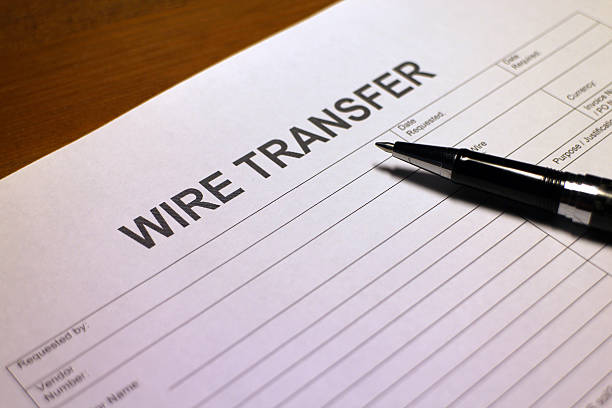Discovering Official Government Sources:
American Bankers Association (ABA): While not a government agency, the American Bankers Association (ABA) plays a central role in the U.S. banking system. Their online directory is a reputable source for routing numbers used by banks across the country. Though not directly governmental, the ABA's extensive database offers accurate and up-to-date routing number information.
Federal Reserve Bank Services: The Federal Reserve Banks provide a suite of services to financial institutions, including routing number administration. While not the primary source for individual routing numbers, they offer insights into the structure and assignment of routing numbers. This knowledge can be valuable when verifying routing numbers.
U.S. Treasury's Bureau of the Fiscal Service: The U.S. Treasury's Bureau of the Fiscal Service manages a database that contains routing numbers for financial institutions that participate in various Treasury programs. This database is used for transactions like tax refunds, government benefit payments, and other federal payments.
FDIC (Federal Deposit Insurance Corporation): The FDIC is an independent government agency that provides deposit insurance to banks and savings associations. Although not the primary source for routing number verification, their website offers resources and information related to banks, which can indirectly aid in verifying routing numbers.
Advantages of Official Government Sources:
Reliability: Government sources are generally regarded as reliable and trustworthy. These sources often work closely with financial institutions and maintain accurate data for various transactions.
Authenticity: Information provided by official government sources is less likely to be compromised or inaccurate compared to information from less regulated platforms.
Centralized Information: Government sources provide centralized repositories of information, making it easier to access routing number details for a wide range of financial institutions.
Tips for Using Government Sources:
Cross-Reference: While government sources are trustworthy, it's always a good practice to cross-reference information from multiple official sources to ensure accuracy.
Stay Updated: Government databases are regularly updated to reflect changes in the banking landscape. Ensure that you're using the latest information for routing number verification.
Security: When using official government websites, make sure the website URL begins with 'https' and that the website is the genuine source by verifying the domain name.
Conclusion:
Official government sources can serve as reliable guides for routing number verification. While not all governmental institutions directly offer individual routing numbers, their databases, insights, and resources can significantly aid in the verification process. Leveraging these sources helps ensure the accuracy and security of your financial transactions, allowing you to navigate the world of electronic finance with confidence and peace of mind.
Frequently asked questions (FAQs) related to finding a routing number on a check and how to verify a routing number




